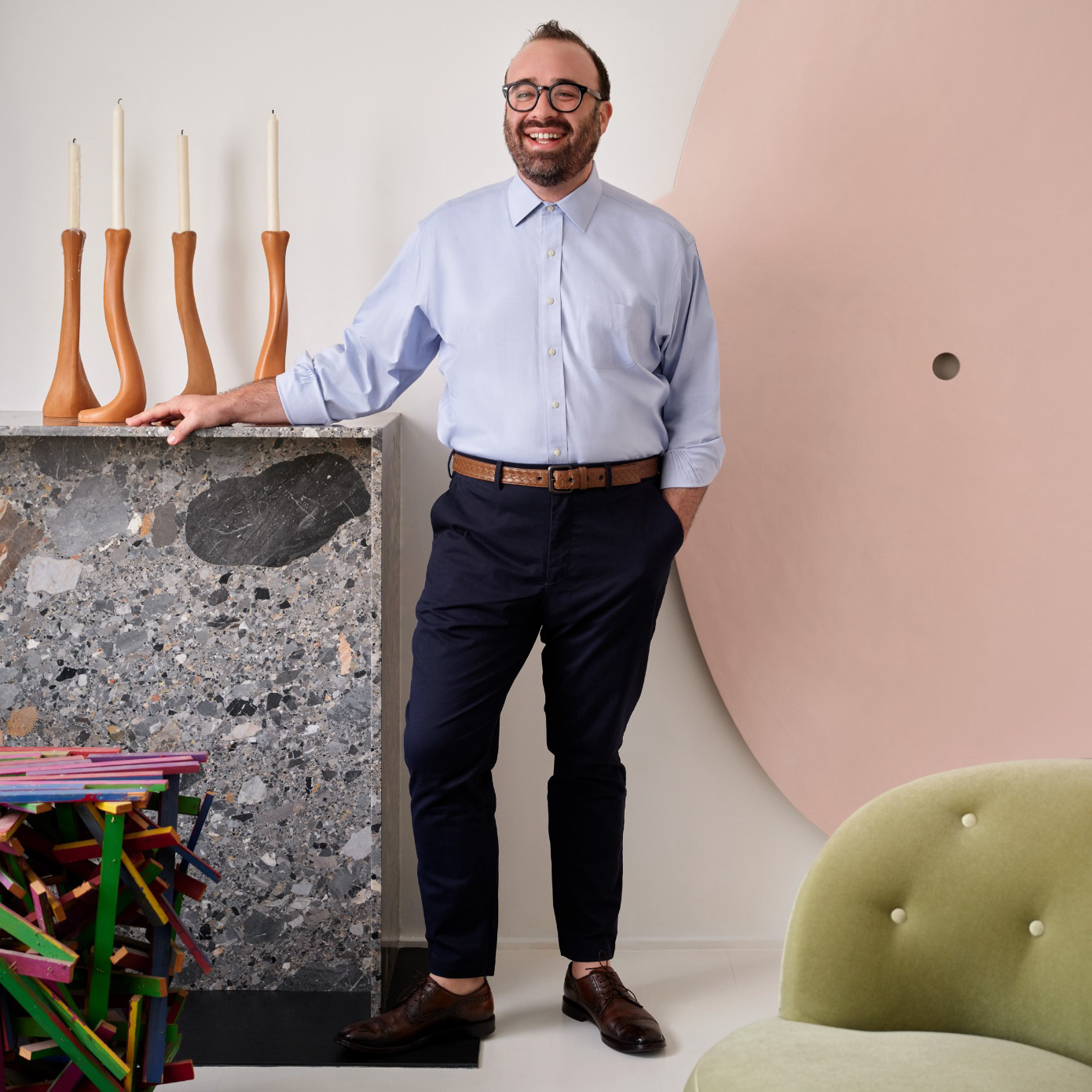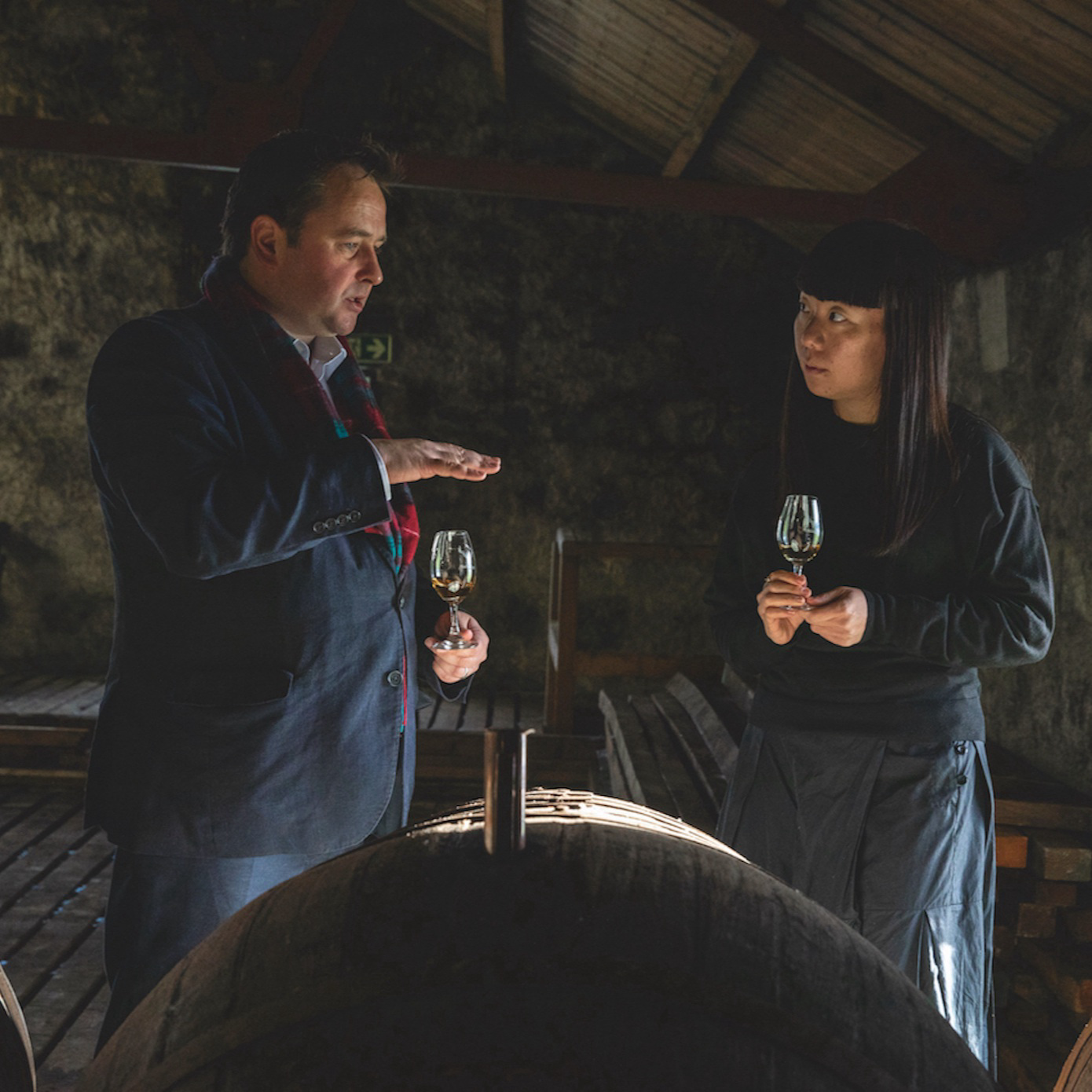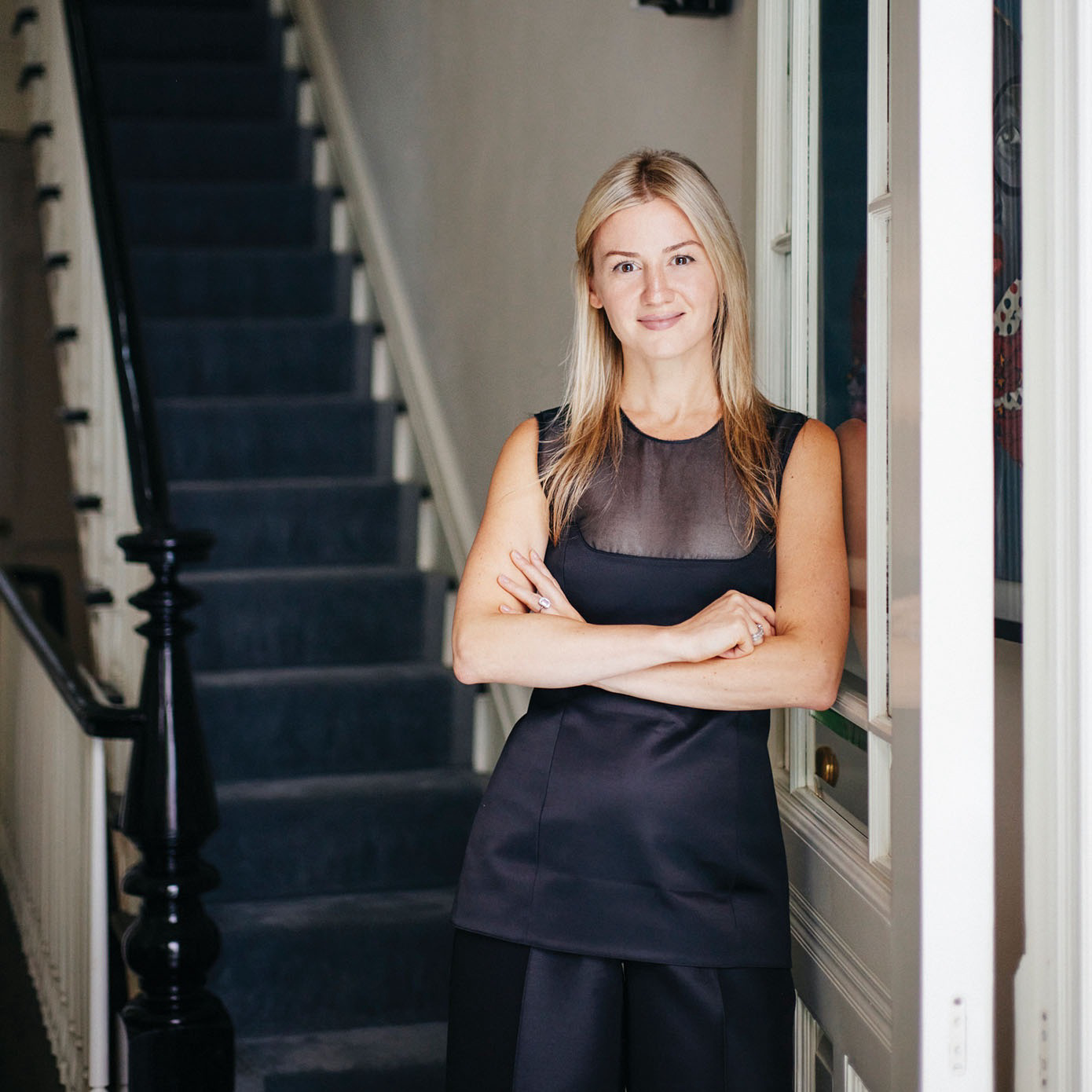Evolution can have a sense of humor. The same pattern recognition that allows us to detect signs of danger in someone else’s face is also responsible for why we see a “man in the moon” or Mother Teresa in a cinnamon bun. Known as pareidolia, this perceptual phenomenon drives Rogan Gregory’s latest body of sculptures, on view at New York’s R & Company this May.
The designer behind the socially conscious label Loomstate, Gregory has applied some of the same eco-friendly elegance to his sculptural practice, creating intuitive, gently biomorphic forms in natural materials like stone and wood, often found near his home in Montauk. “I don’t really know the ‘right way’ to do things,” Gregory says. “I didn’t go to art school or anything like that, but my father is an artist, and I’ve always been making things.” While he may start with an inspiration in mind, the artist lets the material dictate the final form. “I’m just constantly practicing and using different materials and seeing what works best for me. Sometimes I use stone, which takes a lot longer to manipulate, and then other times I use surfboard shaping foam and just tear into it. It’s really about what material suits the shape best.”
 A work in bronze and stone by Rogan Gregory. Photo by Joe Kramm
A work in bronze and stone by Rogan Gregory. Photo by Joe Kramm
While his objects can call to mind spiritual relics, Gregory insists his faith lies only in evolution. “I feel like civilization has gotten way out of touch with nature. We didn’t evolve with right angles. We didn’t evolve with concrete everywhere and hard surfaces, where the sound is different. I see myself as allegiant to 300,000 years of evolution, as opposed to a hundred years of what humans have done.”
The sleek, sensual harmony of Gregory’s sculptures belies the violence of their making, which often involves chainsaws or metal casting processes. “I think some of the most beautiful forms in nature—stones you find at the beach or a tree that has been windswept—come from quite violent stuff,” Gregory muses. “It’s just that when you see it, it happens to be a sunny day. Where I live in Montauk, all the trees are kept to 15 to 20 feet, because the wind is so harsh. It looks like this manicured Japanese Zen garden, but only because it’s been pushed back by the elements.
 Works in bronze and wood by Rogan Gregory. Photo by Joe Kramm
Works in bronze and wood by Rogan Gregory. Photo by Joe Kramm
The same is true with a lot of what I do. For me it’s very meditative—even with the chainsaw.” The artist leaves his work similarly open to interpretation, which is where pareidolia comes in. Gregory wants his objects to trigger “an evolutionary, primordial response, as opposed to something cognitive. The whole goal for me is to see how many different responses I can get from one work. I don’t want to make it so literal that you can say, ‘Oh, yeah, that looks like a whale.’”



